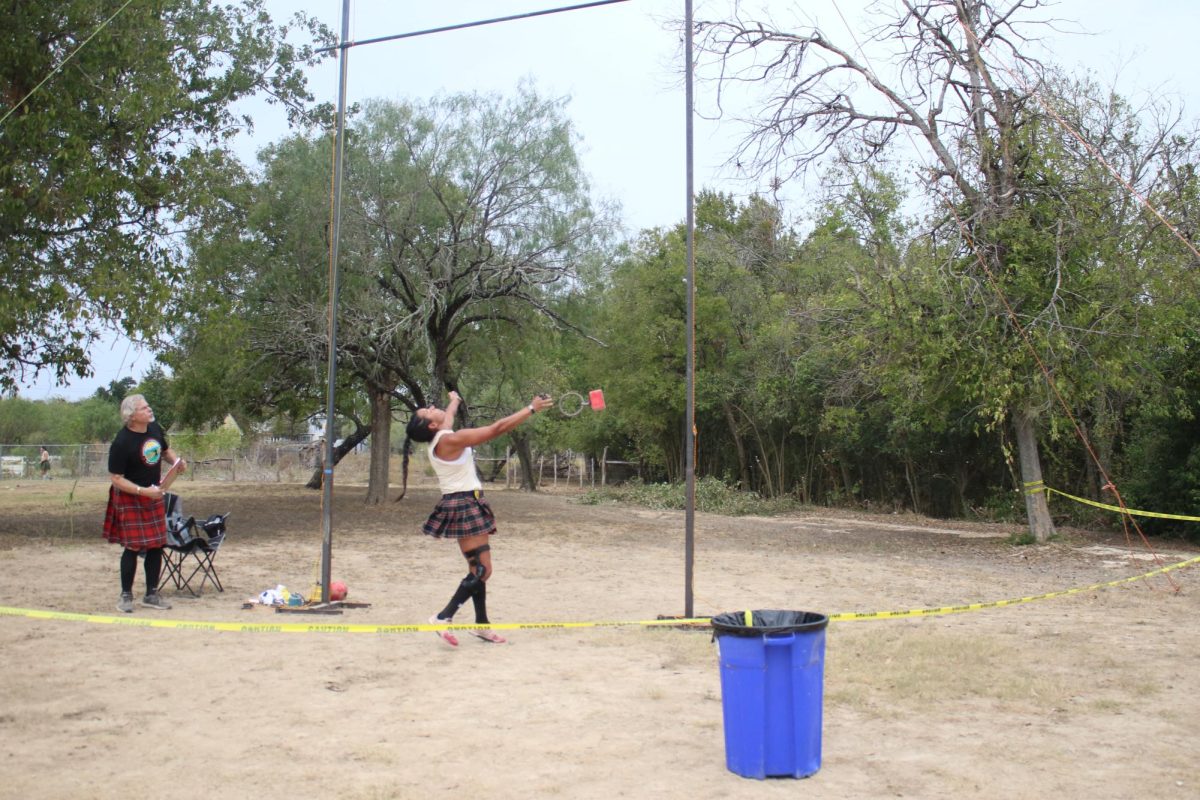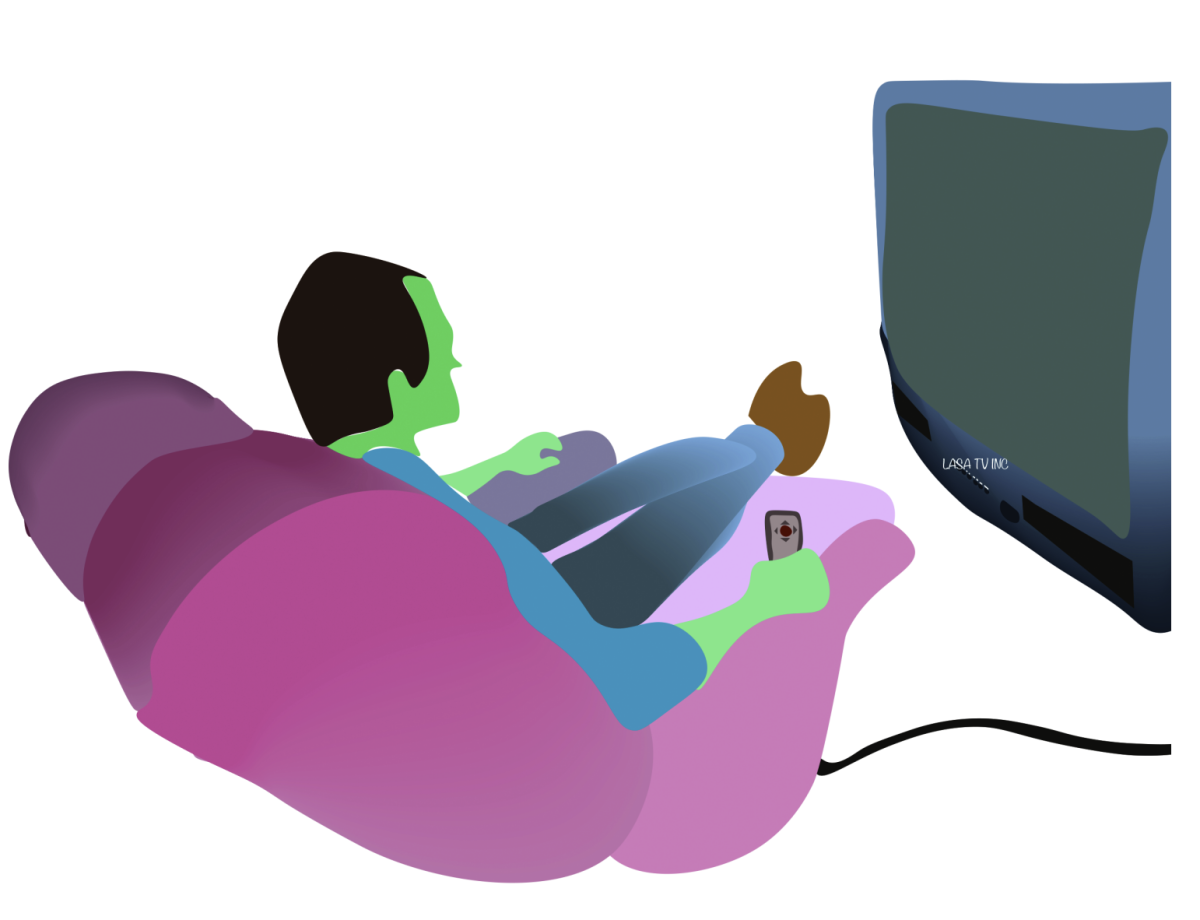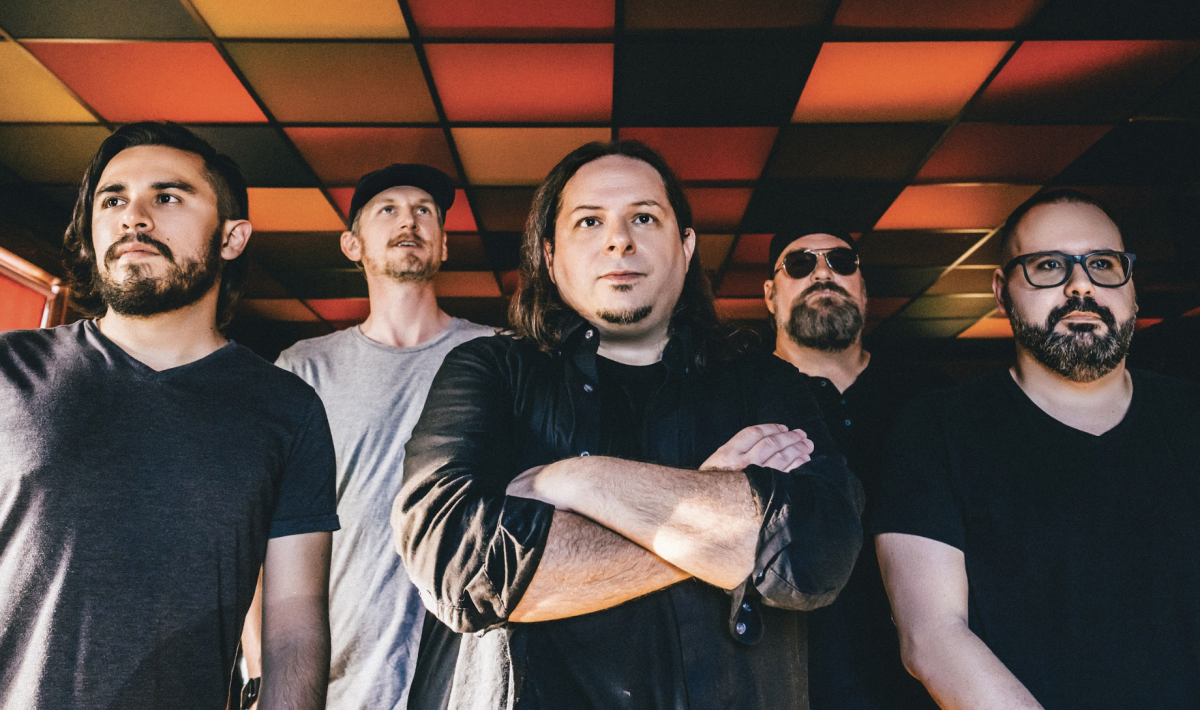From watching “The Crown” to obsessing over a royal’s dress, admiration for the British Royal Family has been imbued in society for hundreds of years. According to a study by the College of Media and International Culture, humans are naturally driven to admire people, and the royals are a prime example of this phenomenon. They have been presented as perfect, flawless humans with abundant wealth and power for centuries. Society’s most famous figures originate from the British royal family, such as Princess Diana, Queen Elizabeth, Princess Kate Middleton, and former Duchess Meghan Markle. However, in recent times, there has been a noticeable shift in the public’s sentiment towards the family. Praise and love have given way to criticism and intrusion, but where did this obsession originate?
From a young age, we are inundated with stories of princesses and happily ever afters. Through characters like Cinderella, Aurora, Rapunzel, and countless other princesses in childhood films, the media has fostered a love for the royals that persists into adulthood. Much of society yearns for a perfect princess, and the royals fulfill this longing with their flawless image. They play the role of a fairy tale in our lives; in a way, it’s their job to be flawless. However, in recent years, the media has begun to reveal the realities of their lives, and the public has started to judge them harshly for being anything but perfect.
A recent example is Kate Middleton’s disappearance. In the media, Middleton’s image is beautiful, kind, and non-problematic. She is the epitome of what a princess should be, or at least, what we are told a princess should be. In December of last year, the royal family announced she’d have an abdominal surgery. Despite the explanation, the press began to dig for flaws in Middleton’s story. They realized that the time Middleton was absent from royal duties wasn’t realistic, and her family never visited her in the hospital. After this, the press and social media spiraled into a conspiracy with stories titled “Who is the British royal family willing to protect?” and “Kate Middleton Missing: PR Professionals Spill The Tea.” Then, when the princess released a photoshopped picture of her and her family, people spiraled even more — eventually forcing her to announce her diagnosis of cancer.
However, the worst the media and public have ever been to a royal is in the case of Megan Markle. Since Markle was one of the few women of color to be considered part of the British royal family, she was subjected to an extreme amount of hate from the world. When she first announced her pregnancy, headlines from the Daily Mail read “How Dark will the Baby’s Skin Be?” and “Megan made Kate Cry.” Stories highlighted every possible flaw she had and hundreds of falsified ones she didn’t. The world tore her down for not being the perfect English princess, for not being Diana or Kate Middleton, and ultimately, for not being white.
Over the last century, the picture-perfect image of the royals has begun to be destroyed. Now that the world is changing, the British royal family will never be able to recover their image and the admiration of people. Rather than loving the royals like society used to, society has become enthralled in the drama. The rising popularity of Netflix’s show “The Crown” and Oliver Hirschbiegel’s film “Diana” are examples of the media romanticizing the drama. With their images of glamor and extravagance, the royals have a magnetic pull on people, even if society no longer worships the ground they walk on. Information on their lifestyles has gone from once coveted information to public tabloid royal life, which has become a source of fascination and a means of escape from the mundane realities of everyday life.






